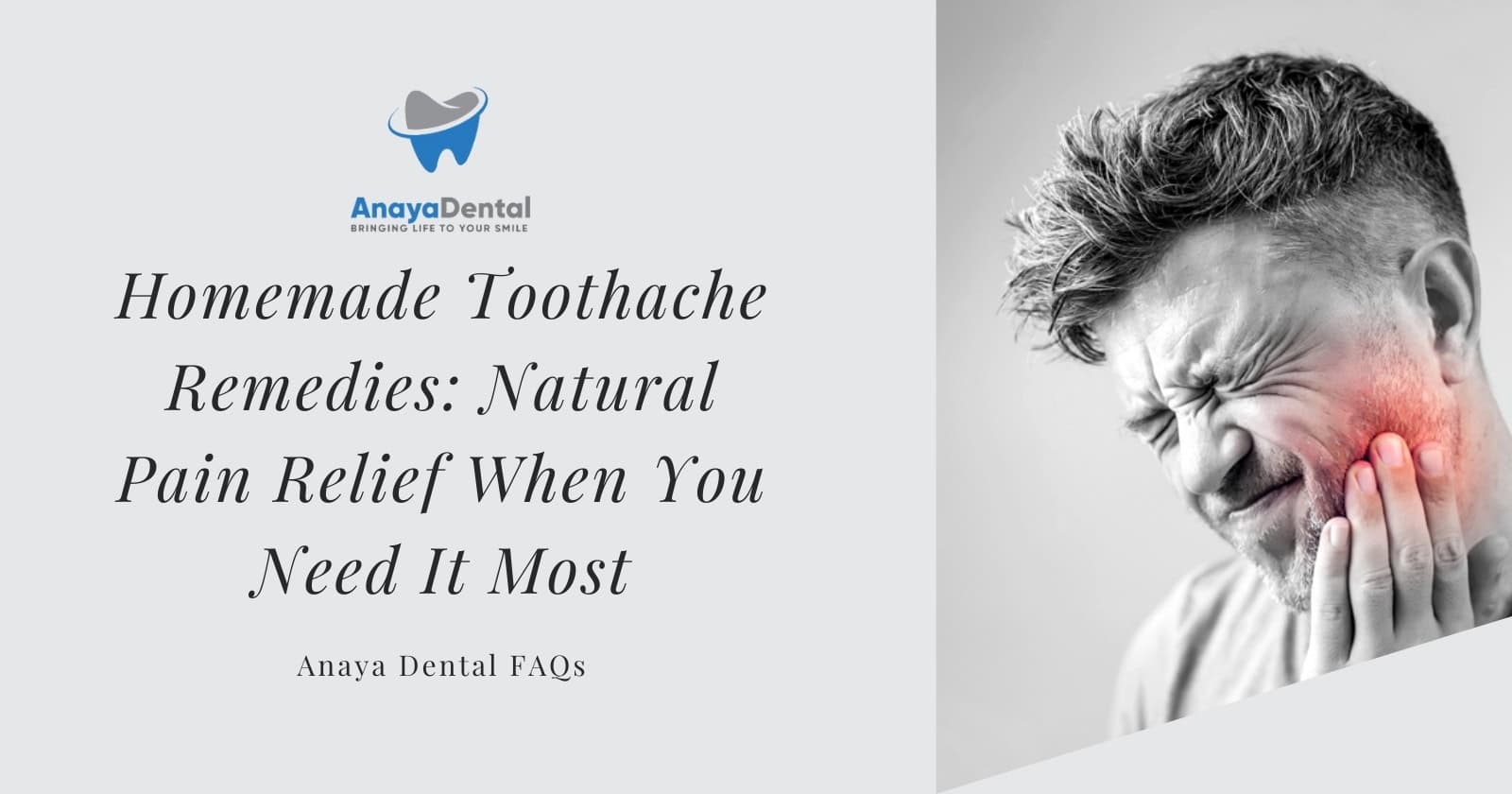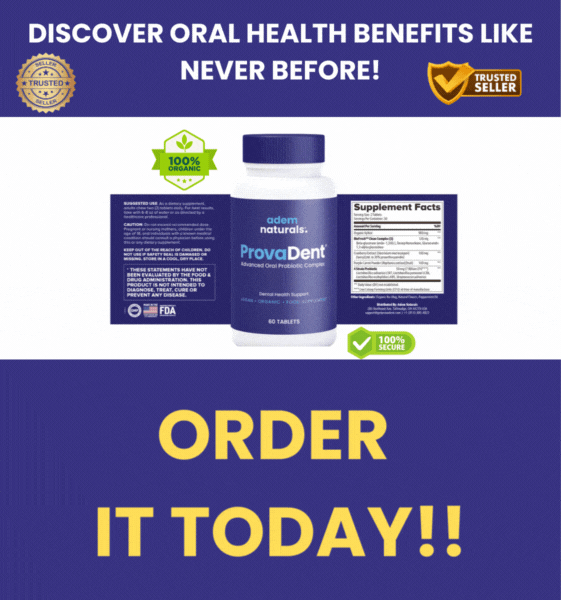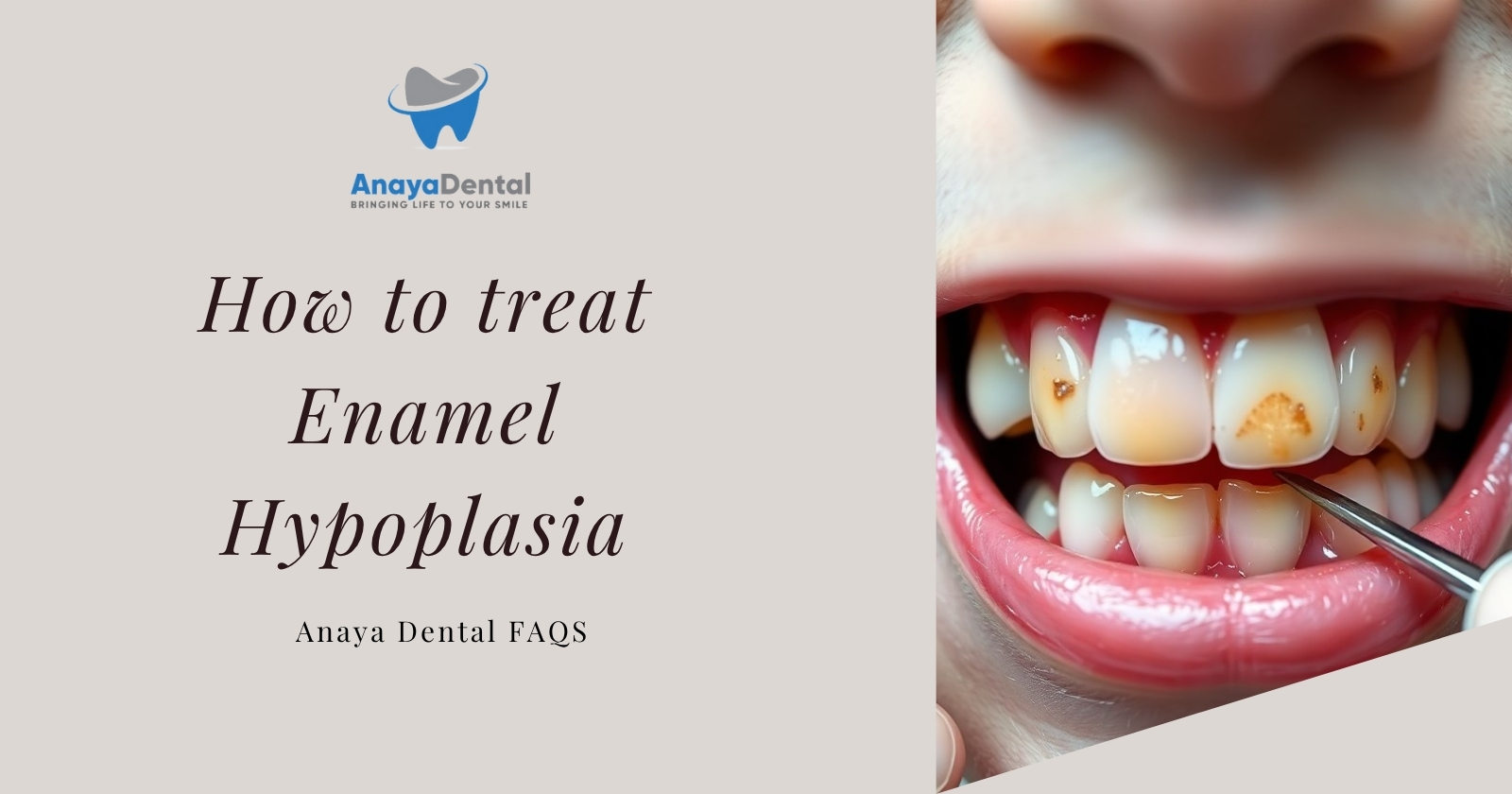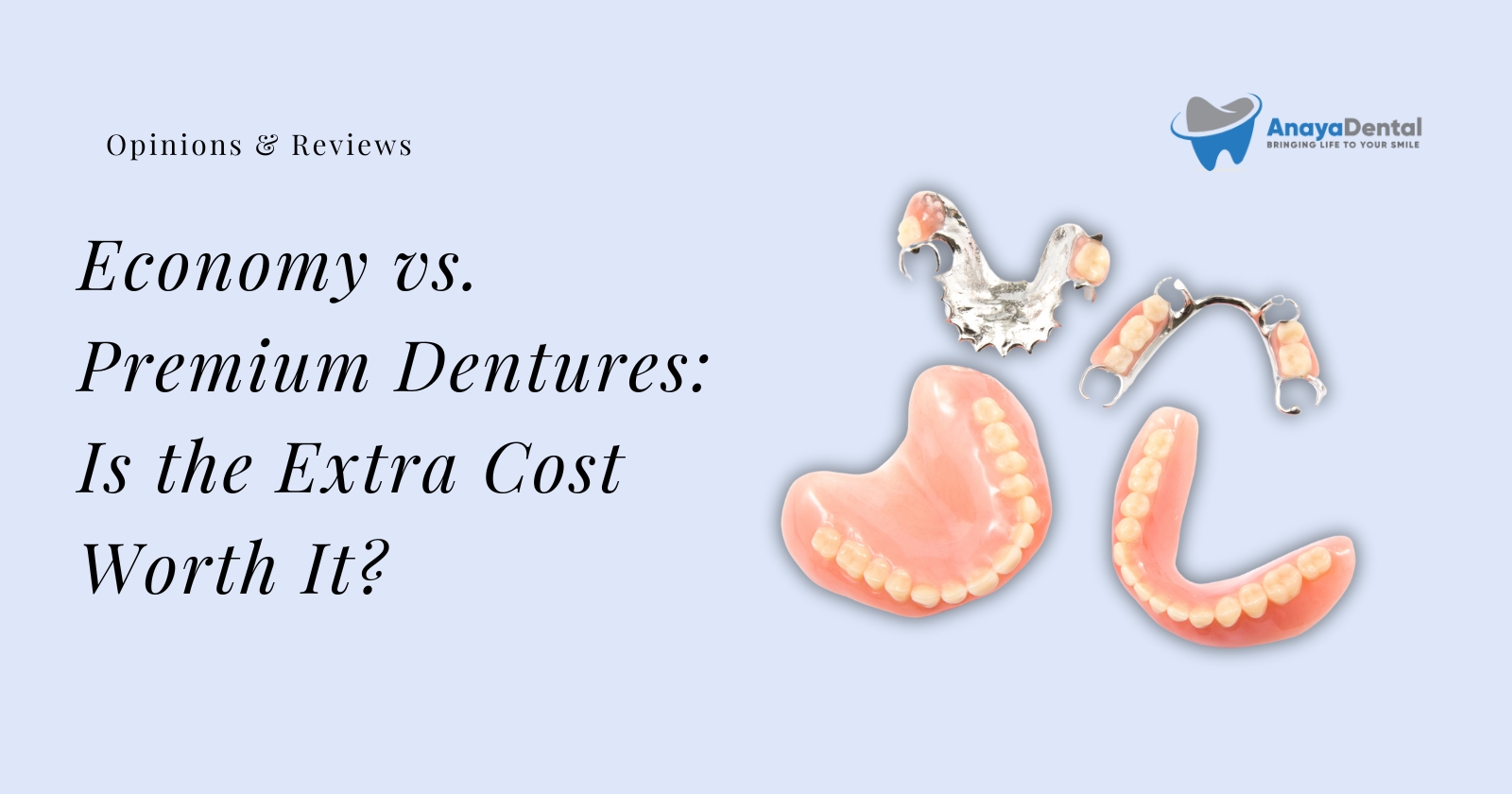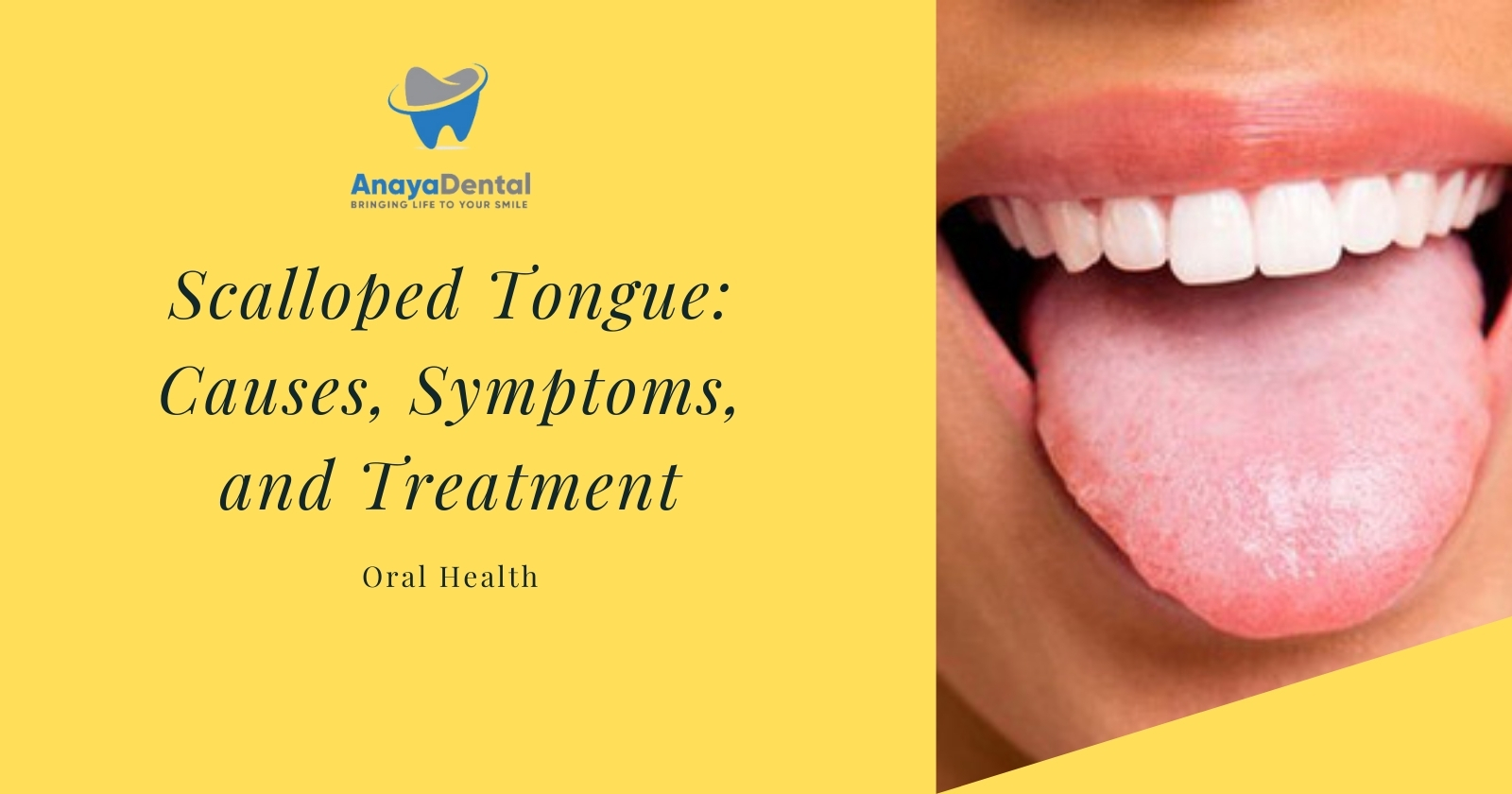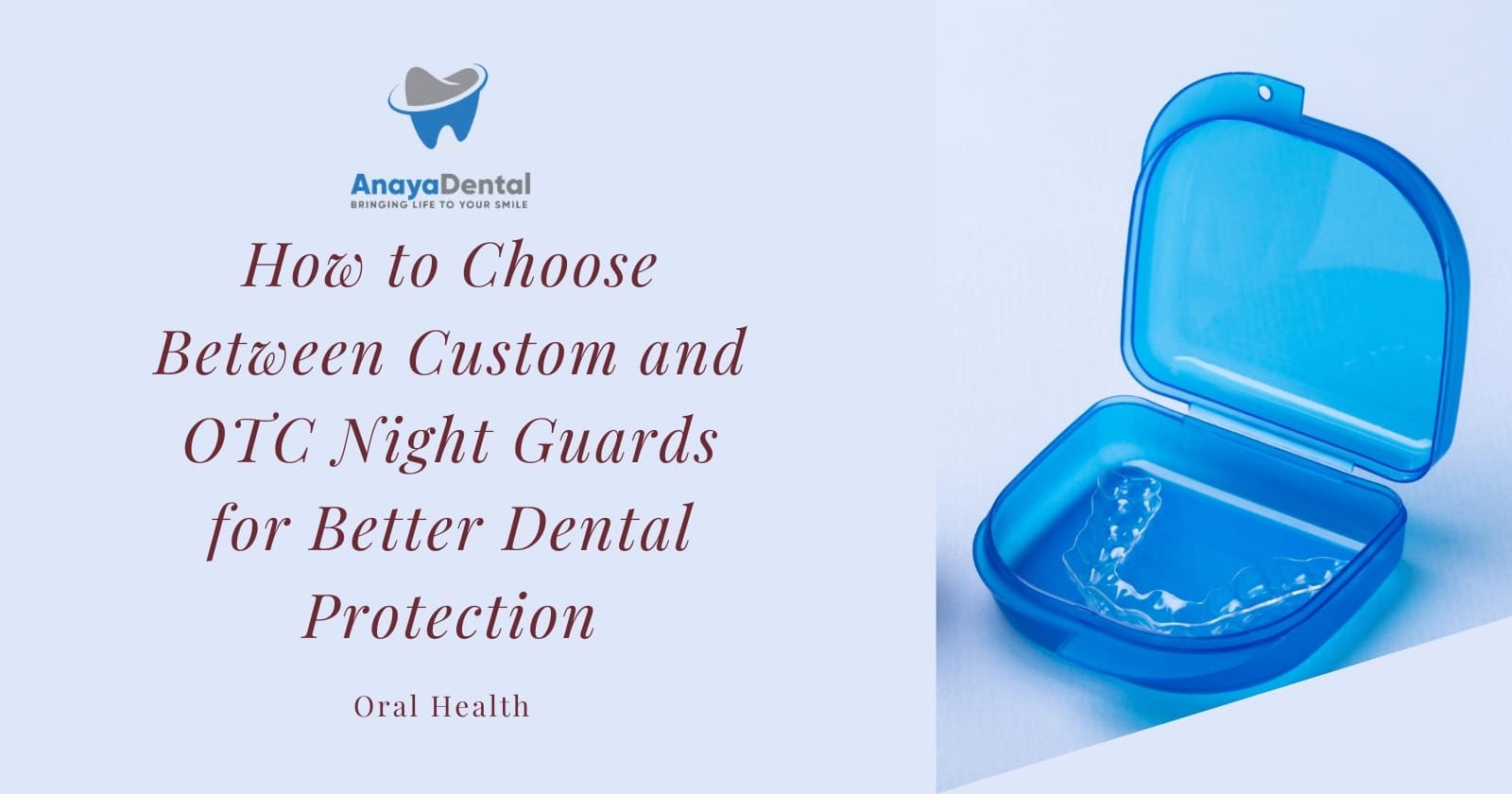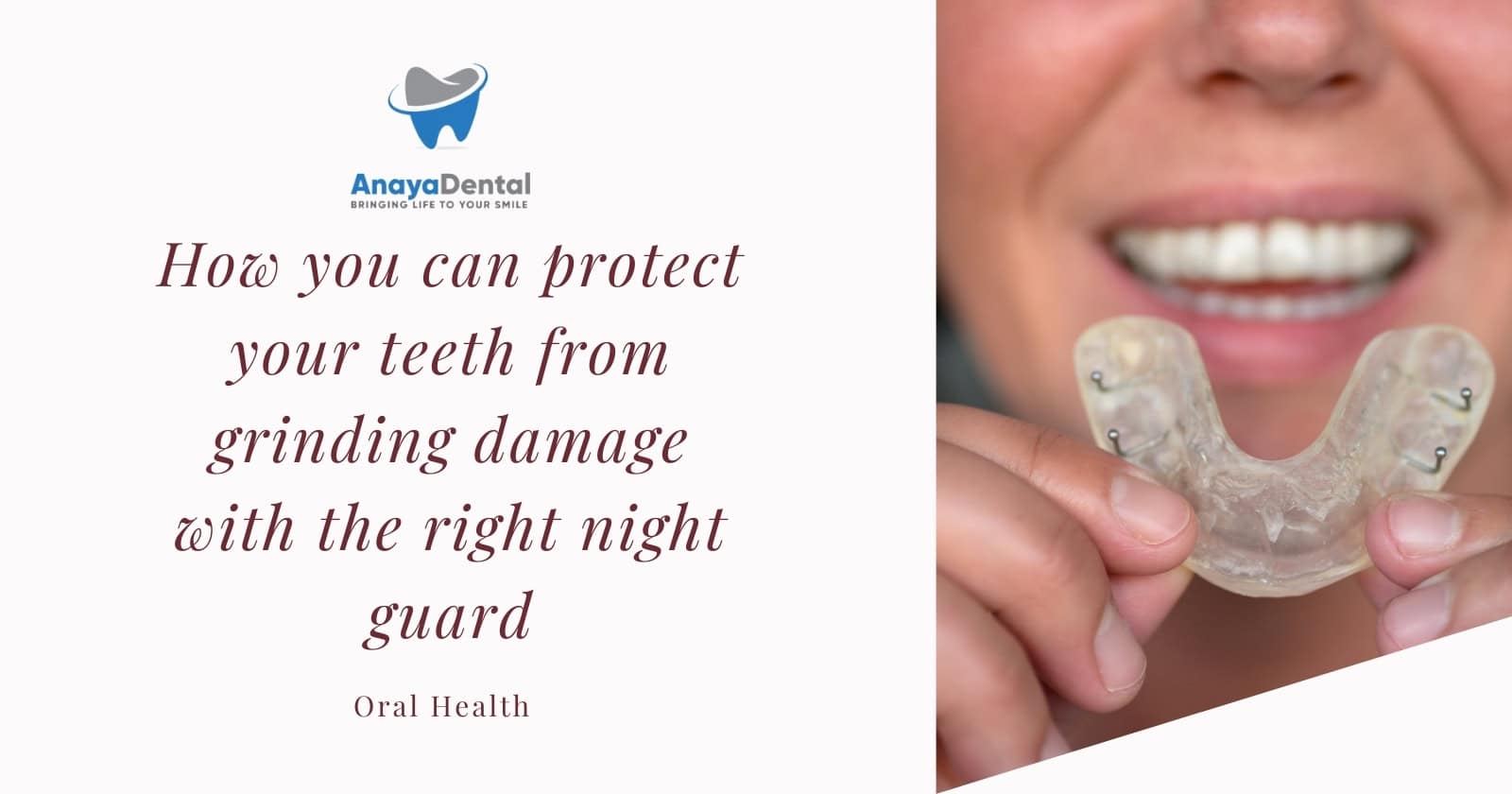That sudden, sharp tooth pain can strike at the most inconvenient times—during an important meeting, while traveling, or in the middle of the night when dental offices are closed. While professional dental care is always the definitive solution for dental problems, knowing effective homemade toothache remedies can provide crucial temporary relief until you can see your dentist.
In this comprehensive guide, you’ll discover evidence-based natural remedies that can help manage your dental pain at home, understand how they work, and learn when it’s time to seek professional help.
Understanding What’s Behind Your Toothache
Before attempting any home treatment, it’s important to understand what might be causing your tooth pain. This knowledge can help you choose the most effective remedy and recognize when professional intervention is necessary.
Try Our Dental Calculators
Common Causes of Toothaches
Your dental pain could be the result of several conditions:
- Dental decay or cavities eroding your tooth enamel
- Cracked or fractured teeth from injury or grinding
- Dental abscess or infection within the tooth or gums
- Loose or damaged fillings exposing sensitive inner tooth structures
- Periodontal disease affecting the gums and supporting structures
- Wisdom tooth eruption or impaction
- Teeth grinding (bruxism) creating pressure and wear
- Sinus infections causing referred pain to your upper teeth
Many people report that their toothaches worsen at night, which may be due to increased blood flow when lying down or fewer distractions from the pain. If you’re experiencing severe pain, swelling, fever, or discharge from the affected area, these are signs that you need professional dental care as soon as possible.
Effective Salt Water Rinses for Immediate Relief
One of the most universally recommended home remedies for toothache is the salt water rinse—praised for its simplicity, safety, and effectiveness as a first-line treatment.
How Salt Water Helps Your Tooth Pain
When you use a salt water rinse, you’re leveraging its natural properties as a:
- Disinfectant that helps cleanse the affected area
- Anti-inflammatory agent that reduces swelling by drawing out excess fluid
- Tool for loosening food particles that may be trapped between teeth
- Antimicrobial solution that helps combat bacterial growth
Creating and Using Your Salt Water Rinse
You can quickly prepare this remedy with items already in your kitchen:
- Dissolve ½ teaspoon of table salt in 8 ounces (one cup) of warm water
- Swish the solution around in your mouth for about 30 seconds, focusing on the painful area
- Spit it out rather than swallowing
- Repeat this process 2-3 times daily or after meals until you can see a dentist
This simple solution often provides noticeable relief and can help keep the area clean while you arrange for professional care.
The Cooling Relief of Cold Compresses
Applying cold to the affected area is another widely recommended method for toothache relief, especially effective for pain associated with trauma or swelling.
The Science Behind Cold Therapy
Cold applications work through several mechanisms:
- Constricting blood vessels in the area, which reduces pain signals
- Decreasing inflammation and associated pressure on nerve endings
- Providing a numbing effect that temporarily blocks pain perception
- Reducing swelling that can intensify discomfort
Proper Application Technique
To maximize the benefits of cold therapy:
- Wrap ice cubes or a bag of frozen vegetables in a thin cloth or towel (never apply ice directly to skin)
- Apply to the outside of your face over the painful area for 15-20 minutes
- Take a break for at least 15 minutes before reapplying
- Repeat several times a day as needed
This method is particularly effective for injuries that cause dental pain and swelling, but it can provide relief for various types of toothaches without the need for medication.
Clove Oil: Nature’s Dental Anesthetic
Clove oil stands out among natural toothache remedies for its potent analgesic and antimicrobial properties, backed by centuries of use in traditional medicine and modern research.
The Powerful Properties of Eugenol
The active compound in clove oil is eugenol, which offers:
- Analgesic effects comparable to some over-the-counter numbing gels
- Antimicrobial action that helps fight bacteria
- Anti-inflammatory properties that reduce swelling and pain
- A natural alternative to synthetic numbing agents
Safe Application Methods
To use clove oil effectively and safely:
- Apply 2-3 drops of clove oil on a cotton ball and gently dab it on the affected tooth
- Always dilute clove oil with a carrier oil (olive oil, sunflower oil, or jojoba oil) before application
- A recommended ratio is 15 drops of clove oil to one ounce of carrier oil
- Alternatively, add a drop to water to create a soothing mouthwash
While effective, clove oil should be used with caution. Excessive use or consumption can lead to mouth sores, gum irritation, and even poisoning if used incorrectly. It’s not recommended for young children or those with specific allergies.
Garlic: Ancient Remedy with Modern Validation
Garlic has been recognized for its medicinal properties for thousands of years and can be an effective home remedy for temporary toothache relief.
How Garlic Fights Tooth Pain
When damaged through crushing, chewing, or chopping, garlic releases allicin, a compound with:
- Powerful antibacterial properties that combat infection-causing bacteria
- Antimicrobial actions that help reduce the source of pain
- Anti-inflammatory effects that decrease swelling and discomfort
- Natural pain-relieving qualities
Using Garlic for Dental Pain
To harness garlic’s benefits:
- Peel a fresh garlic clove and gently chew it with the affected tooth to release allicin
- Alternatively, crush a garlic clove to create a paste (you may add a pinch of salt) and apply it directly to the affected area
- Be careful not to push the garlic into a cavity where it might become lodged
Note that garlic powder does not contain active allicin and will not help with tooth pain. Also, be aware that raw garlic can cause bad breath, burning sensations, and upset stomach in some individuals.
Additional Natural Remedies Worth Trying
Several other natural substances have shown promise for toothache relief:
Peppermint Tea Bags
Peppermint contains menthol, which has mild numbing properties. Used tea bags can be applied either slightly warm or chilled to the affected area to soothe sensitive gums and provide temporary pain relief.
Hydrogen Peroxide Rinse
A hydrogen peroxide rinse can help kill bacteria, reduce inflammation, and heal bleeding gums. Always dilute with equal parts water before use, swish around the mouth, and never swallow the solution.
Vanilla Extract
The alcohol content in vanilla extract can help numb pain. Apply a small amount to your finger or a cotton ball and dab it directly on the affected area a few times per day.
Guava Leaves
Guava leaves contain anti-inflammatory properties that can help alleviate toothache pain. You can chew fresh guava leaves or make a mouthwash by adding crushed leaves to boiling water.
Elevation While Sleeping
For nighttime toothaches, elevating your head with an extra pillow or two may help prevent blood from pooling in your head, which can intensify toothache pain.
Over-the-Counter Pain Management Options
When natural remedies aren’t providing sufficient relief, over-the-counter medications can be effective for managing toothache pain temporarily.
Recommended Medications
- Non-steroidal anti-inflammatory drugs (NSAIDs) like ibuprofen (Advil, Motrin) and naproxen can reduce inflammation and pain
- Acetaminophen (Tylenol) is another option, especially recommended for children
- Aspirin can be effective but should be swallowed rather than placed directly on the gum or tooth
Topical Anesthetics
Numbing gels and ointments containing benzocaine can be applied directly to the affected area to provide temporary relief. However, products containing benzocaine should not be used for children under 2 years of age.
When Home Remedies Aren’t Enough: Recognizing Dental Emergencies
While homemade remedies can provide temporary relief, they don’t address the underlying causes of toothaches. Professional dental care is essential for proper diagnosis and treatment.
Warning Signs You Need Immediate Care
Seek professional dental attention if you experience:
- Fever accompanying toothache
- Swelling of the face or jaw
- Severe pain lasting more than 1-2 days
- Trouble breathing or swallowing
- Pain when biting down
- Discharge or pus around the affected tooth
- Abnormally red gums
These symptoms could indicate a serious infection that may spread to other parts of your body if left untreated.
The Limitations of Home Remedies
It’s important to understand that while home treatments can provide comfort, they only address symptoms rather than underlying causes. A cavity won’t heal on its own, nor will an abscess resolve without proper treatment. Consider these remedies as temporary measures while arranging professional care.
Preventing Future Toothaches: The Best Strategy
The most effective way to deal with tooth pain is to prevent it from occurring in the first place. A consistent oral hygiene routine and regular dental care can significantly reduce your risk of experiencing toothaches.
Daily Dental Care Habits
- Brush teeth thoroughly for 2 minutes at least twice daily
- Floss at least once daily to remove food particles and plaque between teeth
- Use fluoride mouthwash regularly to strengthen enamel
- Replace your toothbrush every 3-4 months
Professional Care Schedule
- Visit your dentist for regular checkups and cleanings twice a year
- Don’t postpone treatment for minor issues that could develop into painful problems
- Follow your dentist’s recommendations for specific preventive measures based on your oral health history
Dietary Considerations
- Limit foods that can cause plaque buildup, such as citrus, bread, sour candies, dried fruits, and carbonated drinks
- Stay hydrated to maintain healthy saliva production, which helps protect your teeth
- Avoid chewing on hard objects like ice or using your teeth as tools
Frequently Asked Questions About Homemade Toothache Remedies
What are the best natural remedies for toothaches?
The most effective natural remedies for toothaches include salt water rinses, cold compresses, clove oil, and garlic. Salt water rinses work as natural disinfectants and anti-inflammatories, while cold compresses help reduce swelling and numb the area. Clove oil contains eugenol, a natural anesthetic that can provide significant pain relief. Garlic releases allicin when crushed, which has antibacterial properties that can help fight infection-related tooth pain. Other beneficial remedies include peppermint tea bags, properly diluted hydrogen peroxide rinses, and guava leaves. The best remedy for you depends on what’s causing your tooth pain and what materials you have available.
How effective is clove oil for toothache pain?
Clove oil is remarkably effective for temporary toothache relief due to its high eugenol content. Research has shown that eugenol has analgesic (pain-relieving), anti-inflammatory, and antimicrobial properties that make it comparable to benzocaine, a common ingredient in over-the-counter dental numbing gels. In fact, eugenol has been used in professional dental practices for years. Most people experience noticeable pain reduction within 5-10 minutes of application, and the effects can last 1-2 hours. However, clove oil should be used in moderation and always diluted with a carrier oil, as concentrated eugenol can irritate sensitive gum tissue or cause burns if used excessively.
Can salt water rinses help with toothache pain?
Yes, salt water rinses can significantly help with toothache pain. The salt creates a temporary increase in pH in your mouth, making it more alkaline and less hospitable to bacteria that thrive in acidic environments. Additionally, salt acts as an osmotic pressure regulator, drawing out fluid from swollen tissues and reducing inflammation. This helps decrease pressure on nerve endings and alleviates pain. Salt water also helps remove food particles that might be irritating the affected area and flushes away some bacteria. While not as immediately numbing as clove oil, salt water rinses are exceptionally safe, can be repeated frequently, and often provide noticeable relief, especially for pain related to gum inflammation or minor infections.
Are there any risks associated with using home remedies for toothaches?
Yes, there are several potential risks when using home remedies for toothaches. First, relying solely on home treatments can delay necessary professional treatment, potentially allowing conditions like infections to worsen. Specific remedies also carry risks: undiluted clove oil can cause chemical burns to gum tissue; aspirin placed directly against gums (rather than swallowed) can cause tissue damage; hydrogen peroxide can irritate gums if used at too high a concentration or too frequently; and garlic can cause burning sensations in sensitive individuals. Additionally, some people may have allergies to certain natural remedies. Most importantly, home remedies only mask symptoms without addressing underlying causes, which could lead to more serious complications if proper dental care is delayed too long.
How does a cold compress help reduce toothache pain?
A cold compress helps reduce toothache pain through several physiological mechanisms. First, cold temperatures cause vasoconstriction (narrowing of blood vessels), which reduces blood flow to the area and helps decrease inflammation and swelling. This reduced swelling relieves pressure on nerve endings, which in turn lessens pain signals. Second, cold directly slows the conduction of pain signals along nerve pathways, essentially numbing the area temporarily. Third, cold therapy triggers a release of endorphins, your body’s natural painkillers. The most effective application involves 15-20 minutes of cold followed by a break of equal time, repeated as needed. This approach is particularly helpful for toothaches caused by trauma, inflammation, or conditions involving swelling of the surrounding tissues.
Conclusion: Finding Relief While Seeking Professional Care
Homemade toothache remedies can provide valuable temporary relief while waiting for professional dental care. Salt water rinses, cold compresses, and natural substances like clove oil and garlic have demonstrated effectiveness in managing dental pain and can help you get through those hours or days before you can see a dentist.
However, it’s crucial to remember that these remedies only address symptoms rather than underlying causes. Most dental problems require professional intervention to prevent complications and permanent damage. Use these home remedies as temporary measures while arranging to see a dentist as soon as possible.
Maintaining regular dental checkups, practicing proper oral hygiene, and following a tooth-friendly diet remain your best defenses against toothaches and other dental problems. By combining preventive care with knowledge of effective home remedies, you’ll be well-equipped to handle dental discomfort whenever and wherever it strikes.
